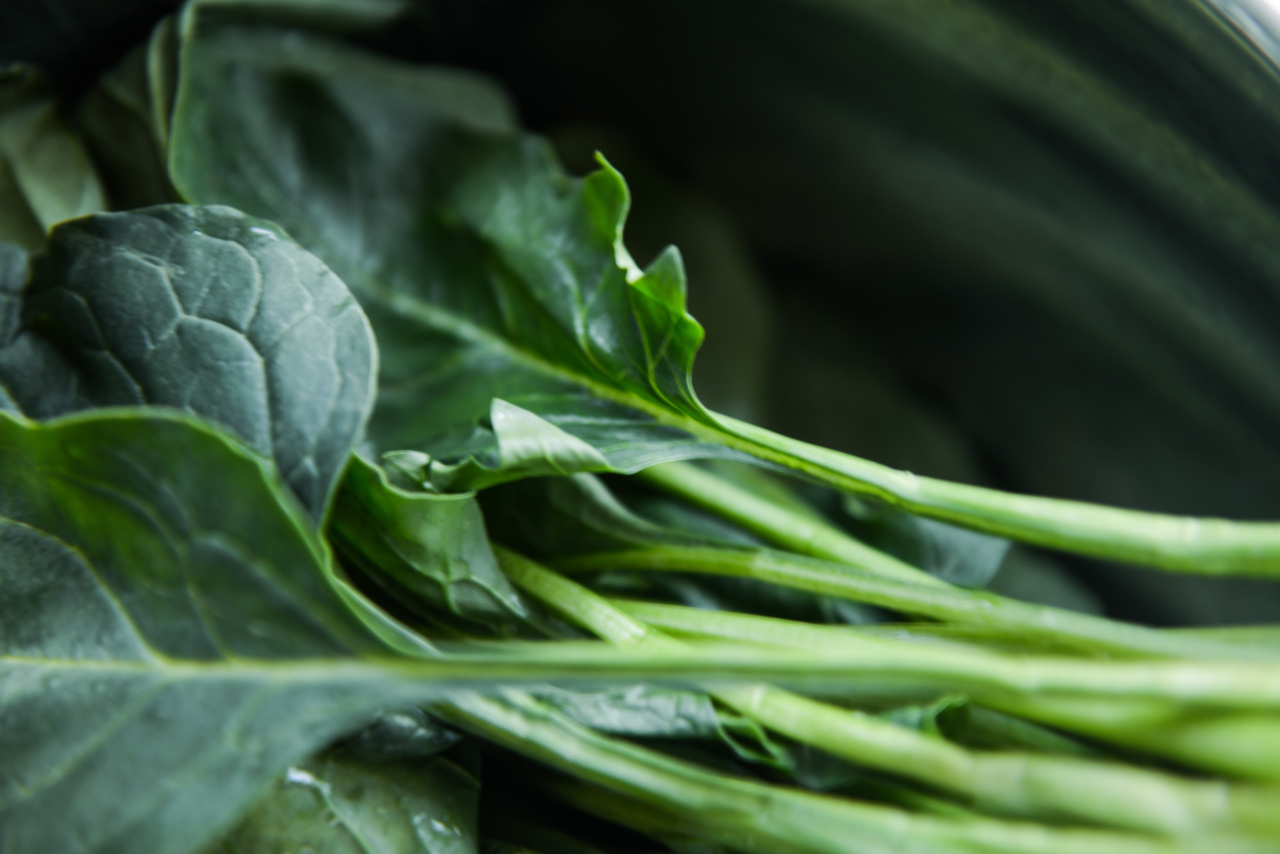When it comes to vegetables, there’s always a debate about whether it’s best to eat them raw or cooked. Both options have their benefits and drawbacks, but understanding the differences can help you make an informed decision.
In this guide, we’ll explore the advantages and disadvantages of consuming raw and cooked vegetables to help you determine what’s best for your health and taste preferences.
The Case for Eating Raw Veggies
Raw vegetables are known for their crisp texture and vibrant flavors. Many people believe that eating vegetables in their natural state preserves their nutritional value to the fullest extent.
Let’s take a closer look at the benefits of consuming raw veggies:.
1. Nutrient Retention
Raw vegetables are rich in various vitamins, minerals, and enzymes that can be easily destroyed by heat. Eating them raw helps preserve their nutritional content, ensuring you receive maximum health benefits.
2. Digestive Enzymes
Raw vegetables contain natural enzymes that aid in digestion. These enzymes help break down food and facilitate nutrient absorption, making raw veggies easier for your body to process.
3. Fiber Content
Raw vegetables are packed with dietary fiber, which is crucial for maintaining a healthy digestive system. Fiber supports regular bowel movements, reduces the risk of constipation, and promotes overall gut health.
4. Antioxidant Power
Many antioxidants are heat-sensitive and may be lost during the cooking process. By consuming raw veggies, you can maximize your intake of antioxidants, which protect your cells from damage caused by free radicals.
5. Hydration
Raw vegetables are high in water content, which can help keep you hydrated. Staying properly hydrated is essential for healthy skin, digestion, and overall bodily functions.
The Case for Cooking Veggies
Cooking vegetables can significantly alter their taste, texture, and nutritional composition. While some nutrients may indeed be lost during the cooking process, it also offers unique advantages:.
1. Improved Nutrient Absorption
Certain cooking methods, like steaming or boiling, can enhance the bioavailability of nutrients. Heat breaks down the cell walls of vegetables, making it easier for your body to absorb nutrients such as lycopene in tomatoes or beta-carotene in carrots.
2. Increased Antioxidant Activity
Contrary to the belief that cooking destroys antioxidants, some vegetables actually exhibit increased antioxidant activity when cooked.
For example, cooked tomatoes contain higher levels of lycopene, a powerful antioxidant known for its anti-cancer properties.
3. Enhanced Digestion
Cooking vegetables softens their fibers, making them easier to digest for individuals with sensitive stomachs or digestive issues. Heat can break down complex carbohydrates, making cooked veggies more gentle on the digestive system.
4. Flavor and Variety
Cooking vegetables can bring out their natural sweetness, enhance flavors, and provide a wider range of culinary options. For individuals who struggle to enjoy raw vegetables, cooking can make them more appealing and enjoyable.
5. Food Safety
Cooking vegetables can eliminate potential microbial contaminants, reducing the risk of foodborne illnesses. This is particularly important when dealing with vegetables that may have been exposed to pesticides or other contaminants.
Conclusion: It’s a Balancing Act
When it comes to deciding between raw or cooked vegetables, there is no one-size-fits-all answer. Both options have their own unique advantages and disadvantages.
It’s essential to strike a balance between enjoying raw veggies to preserve their nutrients and consuming cooked veggies to enhance nutrient absorption and flavor.
Ultimately, a varied diet that includes both raw and cooked vegetables is likely the best approach. This way, you can enjoy the benefits of each preparation method and ensure you receive a wide range of essential nutrients.






























